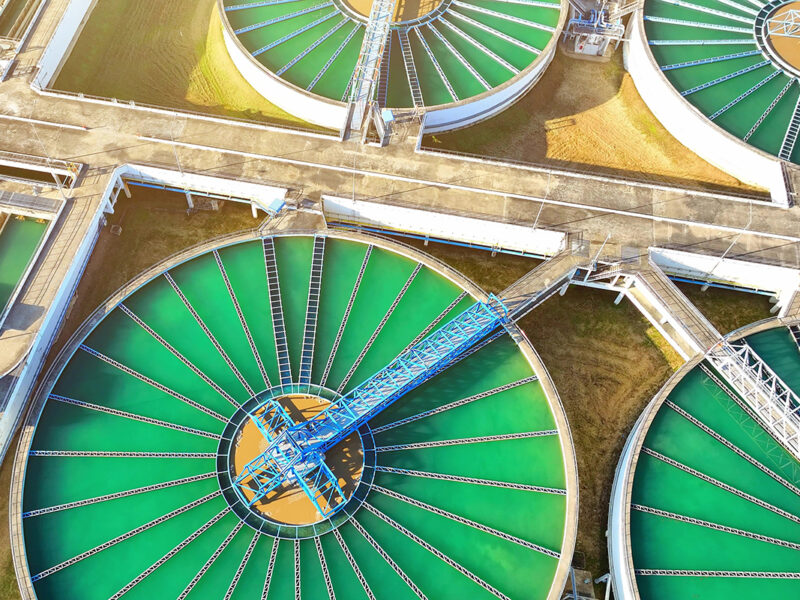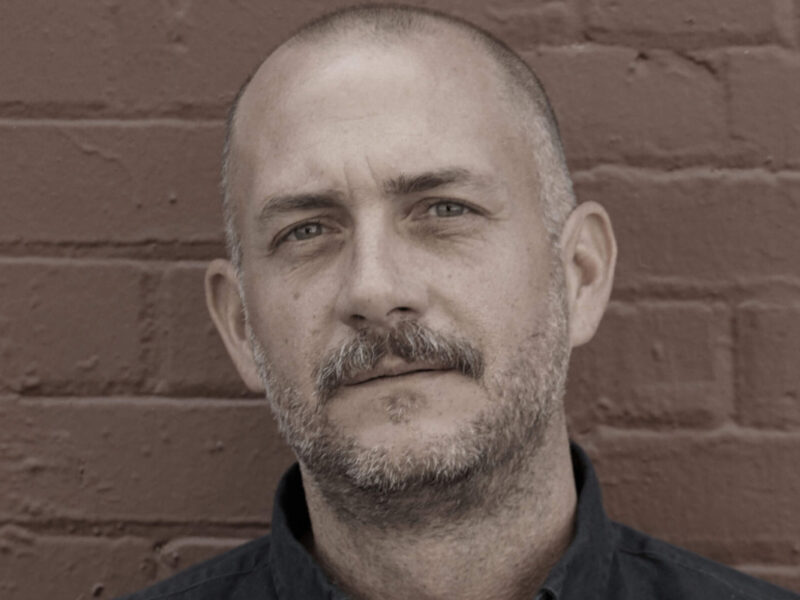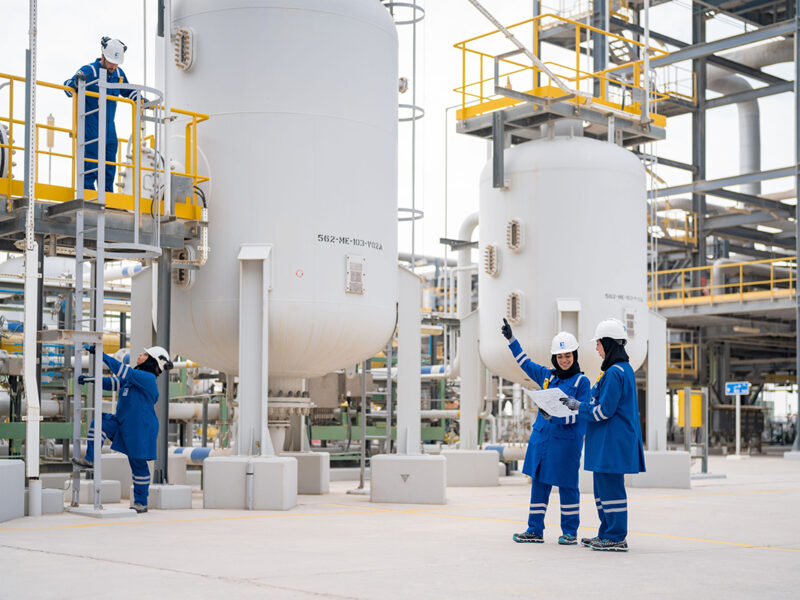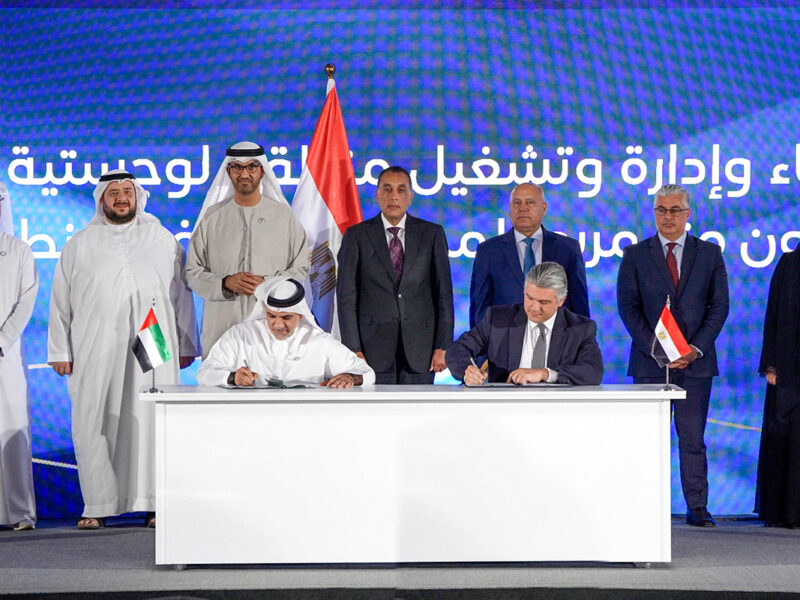Running Europe’s largest engineering conglomerate is a tough job in normal times let alone during a lingering global financial crisis. A five-kilometre run every morning gives Peter Loescher the head start he needs to run a company that operates in more than 200 countries and employs more than 360,000 people.
Loescher came to the company at a time of a corruption controversy that cost it $1.6bn in fines and had tarnished the Munich-based firm’s 160-year history — an environment he has cleaned up and put behind Siemens. Since his appointment in 2007, Loescher, 55, the first outsider at the helm of the firm, has tried to reinvigorate life back into the company by aligning its strategy with what he calls “mega trends,” a reference to the green business segments of the firm and its global positioning. Last year, the company reaped $43.8bn, or 42 percent of its global sales from its green portfolio. That sum is a ten percent increase over the previous year.
Driving change in a company with an entrenched corporate culture like Siemens isn’t easy. But the former General Electric and Merck executive has been steadfast in pursuing the transformation of the firm, aiming to increase its annual revenue to $132.8bn this decade from about $103.6bn.
“You have to have a long-term strategic approach for the company,” Loescher says in an interview with Arabian Business. “You have to respect values which have grown over 160 years. I came into the company and said Siemens doesn’t need a revolution but an evolution, but fast in terms of speed. And this is precisely what we did, rebuilding a fantastic leadership team, leveraging the cultural aspects of our global teams.”
That strategy has meant reducing the company’s exposure to manufacturing dips, focusing on automation and keeping Siemens lean. As the global economy remained sluggish in 2012, and as Europe slid into recession while the Chinese and Indian economies slowed, Siemens announced $7.98bn in cost-cutting measures at the end of last year.
“You have to take advantage of crises. I always said don’t miss a good crisis and we certainly didn’t miss ours when I arrived,” Loescher says. “Do the right and necessary steps and stick to them and not try to maximise short-term quarterly profits. Link them back to long-term sustainable development in terms of strategic directions and putting measurements in place for higher operational performance in the short term.”
In October, the company modified its business strategy, restructuring its renewable energy segment and divesting its solar power activities to focus on wind and hydro power. Lower growth and strong price pressure made the solar markets business unsustainable. Some critics say the company’s restructuring plan isn’t creating enough value and that it is focused too heavily on trying to buy margins and sales when Siemens already has a number of businesses it could improve on. Their argument is that the firm is missing an opportunity to raise those margins.
The company, which, in many ways, is a bellwether of Germany’s economy and the industrial sector in Europe has weathered the worst of the global financial crisis and is on a solid footing to perform well, says Loescher. It, along with other mighty German corporate powerhouses, has helped the country secure its place as the world’s second-largest exporter after China in 2012.
“We have significantly increased our earnings capacity,” he says. “During the crisis we grew three times as much as the global GDP. We have demonstrated and enhanced the growth profile of the company. We are well positioned strategically, [we make a] higher performance level and don’t miss a crisis.”
Article continued on next page
The company is banking on its global presence to tap into pockets of growth that are becoming apparent as emerging nations modernise their infrastructure in line with population growth.
“Infrastructure requirements are continuing to be a growth driver impacted by the global debt crisis and financial crisis so the issue of financing and financing support of infrastructure programmes is very important,” says Loescher. “We have applied for a banking licence for our Siemens financial services business and we have focused our financial services activities in support of our big infrastructure projects. You have to take advantage of differential growth opportunities in the world. From this context this will continue to be in investment mode, we will continue to localise, to work strategically with partners on the ground and move beyond from just a supply relationship.”
Saudi Arabia — the Arab world’s largest economy and biggest oil producer — is spending more than $600bn on infrastructure, education, healthcare and social programmes. This month, Abu Dhabi announced it would be allocating $90bn towards social-spending projects. Qatar, the world’s biggest exporter of liquefied natural gas, is set to spend $150bn on infrastructure ahead of the 2022 FIFA World Cup. Libya, which has Africa’s largest oil reserves, is also looking to spend billions on revamping its oil and gas industry and infrastructure damaged by the uprising that toppled the regime of Muammar Gaddafi.
“The economies are transforming themselves in terms of industrialising, population growth, forward-looking government policies in place for infrastructure, energy and healthcare,” says Loescher. “This is a perfect match and a perfect fit for company-versus-country requirements. We are very bullish about the region and I think this will be a centre for growth, not just for the coming years, but also the decades to come.”
Economic growth in the Middle East and North Africa reached 5.3 percent last year with Libya’s economy projected to expand about 122 percent after contracting 60 percent in 2011, according to International Monetary Fund estimates. Each of Saudi Arabia, Qatar and Kuwait’s economies were estimated to have grown more than six percent last year. Growth in Iraq topped ten percent and is set to reach about fifteen percent this year.
Outside the Middle East, China and India’s governments are spending heavily on the development of their countries and though their economies have slowed down, Loescher sees opportunity in Asia. China, the world’s second-largest economy, saw its economy slow last year to 7.8 percent from 9.2 percent in 2011. The Asian country’s economy is projected to expand 8.2 percent this year, according to the IMF. India, the third-largest economy in Asia, is set to expand to about six percent this year after slowing to 4.9 percent in 2012 from 6.8 percent the year before.
“China has not recovered; we could say we see early signs [of recovery],” says Loescher. “I would anticipate that the growth pattern as we go forward for the second half of 2013 will probably be stronger than what we have seen in the past. I clearly anticipate that the new leadership of China, which will be officially in place by March, will put measures in place which will continue to support growth and infrastructure development programmes. I anticipate 2013 being a better year from a growth perspective in China than we have seen in 2012.”
Article continued on next page
For Europe — grappling with soaring unemployment in Spain and Portugal, plus Greece’s debt-ridden economy and the fate of the euro — Loescher is unequivocally confident the region will come out on top and the seventeen-nation currency will survive.
“Absolutely without any doubt, without any doubt,” says Loescher, when asked if he thinks the eleven-year-old currency will keep all its members on board. “Anybody who is betting against the euro doesn’t realise that the euro is a political project. This is the political integration project of Europe.”
“We have seen stabilisation of Europe,” he adds. “The double measures of the council meeting in July provided stability and also the ECB approach has stabilised the confidence in the European context in the second half of the year which was very good.”
The eurozone crisis has dampened growth in Germany, Europe’s largest economy. The country’s GDP increased 0.7 percent in 2012, after an average of three percent over the previous two years. Germany’s economy is projected to expand 0.9 percent in 2013, according to the IMF.
“Very much so, very much so,” says Loescher, when asked if he supports German chancellor Angela Merkel and her policies. “She’s taking a very pro-European approach, a very pragmatic approach and she’s realising that step by step is the only way how this crisis can be resolved. Now what we have to see going forward is that the growth initiatives have to kick in. We need much more private money flowing into the infrastructure programmes. Fiscal consolidation on the one side, supporting growth initiatives which have already been announced, but they now must be implemented in the context that private investment money is put to work for big European infrastructure projects.”
The future of the single currency and the unity of the European Union hinged in many respects on Merkel and Germany’s willingness to facilitate the $451bn bailout out of Greece and Ireland’s $113bn rescue.
Looking forward, Loescher says bank balance sheets need to decrease and small and medium sized enterprises should be bolstered. “We continue to see a banking industry where balance sheets have to be reduced, where money that is available for medium-sized companies with less strong balance sheets is flowing less than it used to be, and this has an impact on big infrastructure financing aspects,” he says.
“You need broader financing concepts, you need projects to be assessed to make sense from an industrial perspective and financially have to be rebooted to the new reality. We see regulatory frameworks which are currently differently applied in the US versus Europe.”
On America, Loescher says he’s “quite bullish,” but that the fiscal cliff has to be fully resolved.
“Americans are famous for being pragmatic so if there is a solution we certainly will probably see growth resuming at a slightly higher level than last year from two plus percent to three percent,” he adds.
“We see Europe… needing a couple of years to resolve the imbalances which have happened; particularly in the southern part of Europe, Germany continues to be strong. We’ll see differentiated growth opportunities for a big global company like Siemens but the environment will continue to be more volatile than the last five years and offering opportunities for high technology leading edge infrastructure companies like ours who are able to participate globally on this growth pattern.”









